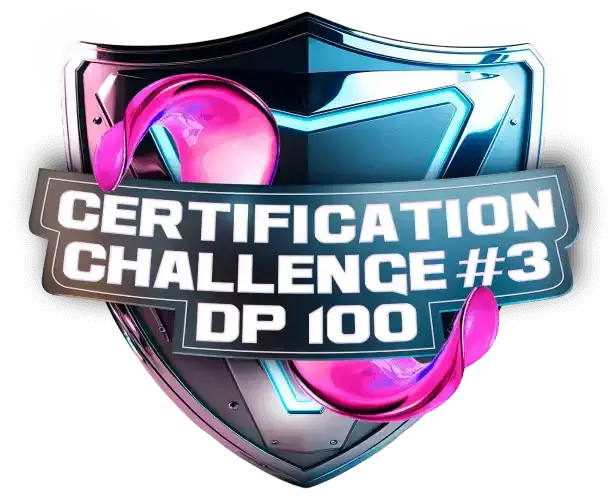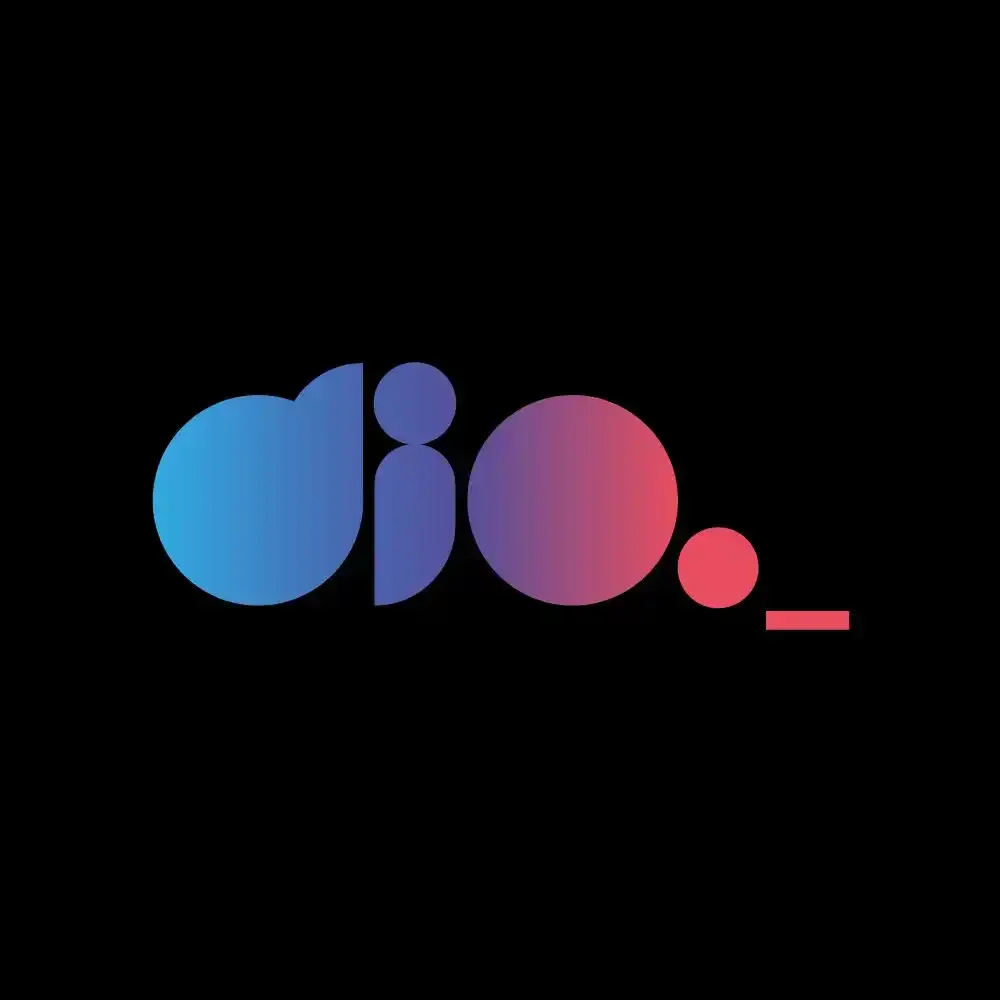What is Vibe Coding? & How to Start a Career
Introduction
Software development is seeing a rapid transformation with the use of vibe coding. Using artificial intelligence (AI) to help generate code, vibe coding is a novel way for developers to boost creativity and productivity. The increasing need for AI-assisted workflows makes it crucial for anyone hoping to be at the forefront of contemporary programming techniques to comprehend vibe coding and its possible benefits.
What is Vibe Coding? & How to Start a Career
Defining Vibe Coding
Vibe coding is essentially the use of AI tehttps://moheeddev.com/what-is-vibe-coding-how-to-start-a-career/chniques to produce code in response to natural language inputs. Vibe coding puts the emphasis on directing AI with intelligent, contextual instructions, as opposed to traditional coding, where developers write every line by hand. This inventive method not only expedites the development process but also creates new opportunities for efficiency and creative problem-solving. The idea has taken off rapidly, making it a crucial subject for anybody curious about how programming and artificial intelligence interact.
The Technology Behind Vibe Coding
Vibe coding is powered by advanced AI and machine learning algorithms that understand human language and translate it into executable code. Major platforms use sophisticated models to interpret context, syntax, and coding patterns, which means that even a developer with basic programming knowledge can benefit from these technologies. This blend of AI with traditional coding practices is what makes vibe coding a standout in the tech industry, pushing the boundaries of how code is conceptualized and created.
Transforming the Software Development Landscape
The software development landscape has seen a radical transformation with the move from manual coding to AI-assisted workflows. In addition to increasing productivity, vibe coding is changing the roles that developers play in teams. With AI taking care of monotonous jobs and recommending code that is optimized, developers can concentrate on more complex problem-solving and creative work. Faster project turnaround times and more reliable, error-free code are two benefits of this growth, which makes the industry appealing to both computer aficionados and those looking to change careers.
Advantages and Challenges
Advantages:
- Advantages Fast Prototyping: AI-powered tools may produce preliminary code rapidly, facilitating quick iteration and testing.
- Enhanced Creativity: Without being constrained by grammar, developers are free to try out various strategies.
- Error Reduction: By reducing frequent programming errors, automated code creation can produce code that is clearer and more effective.
Challenges:
- Problems Debugging AI Output: Although AI can produce code rapidly, programmers still need to make sure the code is free of logical mistakes and security flaws.
- Preserving Code Integrity: A balance between AI support and conventional coding expertise is essential since an over-reliance on AI could result in gaps in knowledge about how the finished code functions.
- Ethical Considerations: Concerns around bias in AI-generated recommendations and data privacy are brought up by the use of AI in coding.
Essential Skills for Success
A blend of hard and soft abilities is necessary to succeed in the field of vibe coding:
- Technical Expertise:
- knowledge of conventional programming languages to verify and troubleshoot code produced by AI.
- the capacity to create accurate AI prompts that produce effective and practical code outputs.
- knowledge of machine learning principles to more effectively use AI tools.
2. Soft Skills:
- evaluating and improving AI recommendations through critical thinking and problem-solving.
- flexibility in a quickly changing technological environment.
- Excellent communication abilities for productive cooperation and teamwork.
Educational Pathways and Resources
There are several ways for aspiring vibe coders to acquire the required skills:
- Online Tutorials and Courses: Sites such as Coursera, Udemy, and edX provide specialized instruction on the principles of machine learning and AI-assisted coding.
- Boot Camps: Immersion coding boot camps with an emphasis on cutting-edge technology can offer practical experience.
- credentials: Seek for industry-accepted credentials that prioritize contemporary coding techniques and AI in programming.
- Self-Learning Platforms: Participate in Stack Overflow and GitHub communities to get knowledge from open-source contributions and real-world projects.
Step-by-Step Guide to Starting a Career
If You are Interested More Click Here










